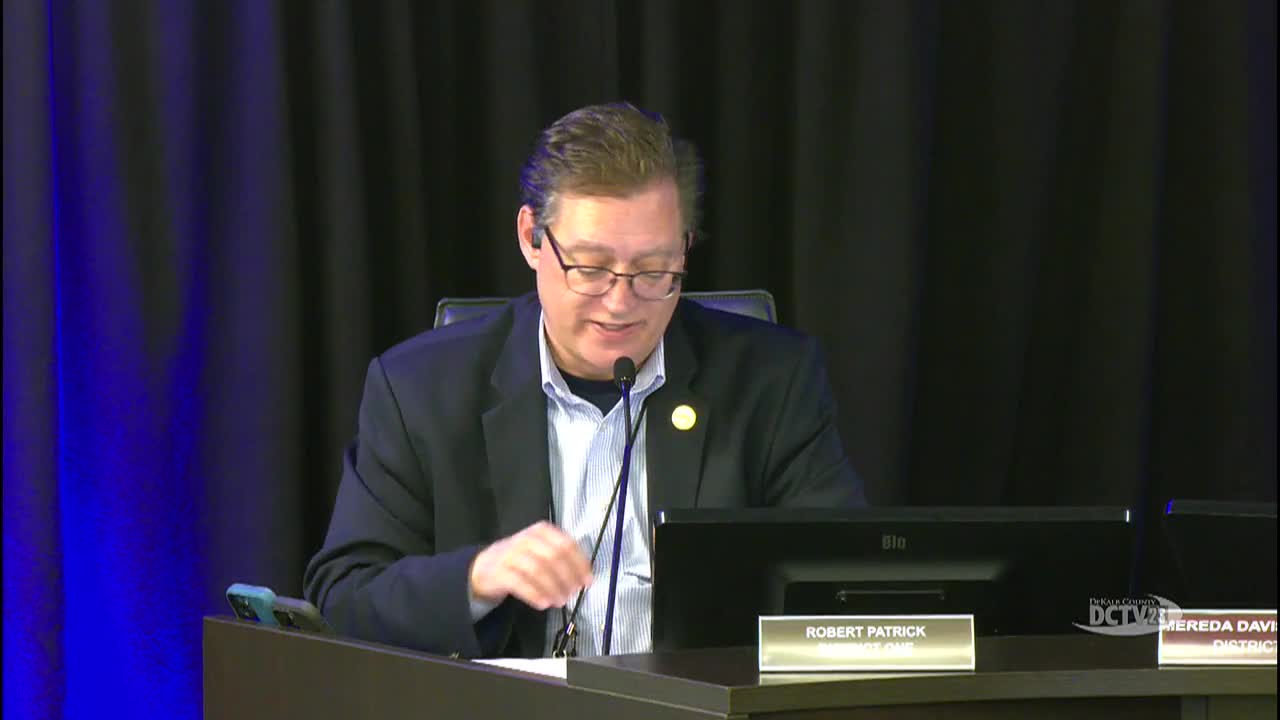DeKalb committee approves $1.18 million change order to expand stormwater master plan into Peachtree Creek watersheds
Get AI-powered insights, summaries, and transcripts
Subscribe
Summary
The PWI committee approved a change order to extend and expand the county’s stormwater master plan, funding phase‑2 watershed analysis of the North Fork and South Fork of Peachtree Creek and increasing the contract with Arcadis US Inc. by $1,175,500.
The DeKalb County Public Works & Infrastructure committee approved change order number 4 to contract number 1258006 with Arcadis US Incorporated to expand the county’s stormwater master plan into more detailed watershed studies, extending the contract term through June 30, 2027 and increasing funds by $1,175,500.
Director Lemke told commissioners the work will take the county’s earlier systemwide plan and "drill down into the different watersheds," focusing on the North Fork and South Fork of the Peachtree Creek watersheds and developing capital improvement program (CIP) recommendations for projects in those areas. "This expands the project into the smaller watersheds where they can get into more detail," Lemke said.
Committee members asked how detailed the phase‑2 deliverables will be. Director Lemke said the work will produce project‑level capital improvement programs rather than construction‑ready documents. "These aren't going to be preparation of construction documents. These are more to create the capital improvement programs that are going to be necessary," Lemke said. As individual projects are isolated, separate construction documents would follow.
Discussion also covered green infrastructure possibilities — rain gardens, bioswales and street‑level treatments — and the potential to decommission retention ponds that prove redundant or inefficient. Commissioners pressed staff on whether decommissioning could reduce maintenance costs; Lemke said county crews currently maintain applicable ponds on a roughly three‑year cycle and that cost‑savings estimates would require further study because of wide variation in pond conditions and ownership arrangements. Several pilot sites have drawings and engineer estimates but must clear legal reviews where county operations occur on properties the county does not own.
The committee approved the change order by voice vote. Staff said they will pursue pilot projects, seek funding, and return with implementation details and potential cost estimates for decommissioning where appropriate.
Ending
Staff said the phase‑2 work will inform future capital and operational decisions for flood mitigation, water quality and long‑term maintenance priorities, and that commissioners would see project recommendations as the work is refined.
